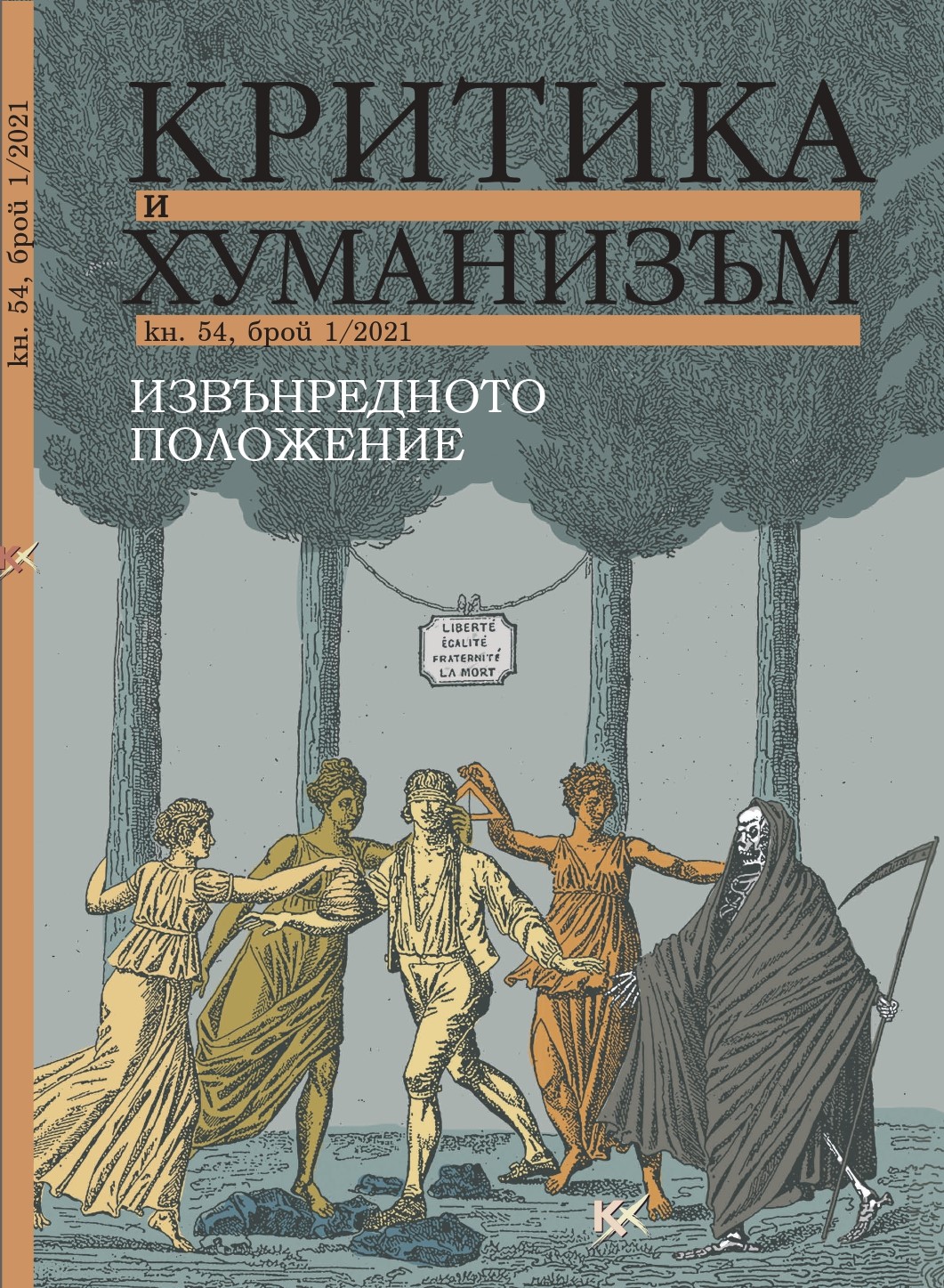Карл Шмит: извънредност и изключение
Carl Schmitt: Emergency and Exception
Author(s): Stefan PopovSubject(s): Philosophy, Political Philosophy
Published by: Фондация за хуманитарни и социални изследвания - София
Keywords: emergency; exception; political modernity; norms; sovereignty
Summary/Abstract: Carl Schmitt has been famously pronounced the inventor of the state of emergency notion in his Political Theology (1928). This is only partly correct. By Ausnahmezustand Schmitt means both state of emergency and, notably, state of exception, or simply exception. The paper argues that it is the second meaning of the Ausnahmezustand that plays a central role in defi ning sovereignty. Schmitt has a place in the European modernity tradition as an author who deviates from the Kantian liberal tradition in a way the late Wittgenstein and Heidegger do. He is not interested in normative concepts but, as he states openly, in existential ones. His idea of the exception has to do with this orientation towards existential themes and the events of the political. The exception, as opposed to the state of emergency, defies by definition attempts to be legally regulated. It is an event of the political community’s collapse, disintegration, state of total anarchy. However, Schmitt is less radical than the late Wittgenstein in shaking the normative concepts and attempts at grounding the ethical structures of the political life. The late Wittgenstein, in his Philosophical Investigations, demonstrates the originary indeterminacy of any rule and of any norm. Against this background Schmitt looks like a more moderate traditional conservative thinker.
Journal: Критика и хуманизъм
- Issue Year: 2021
- Issue No: 54
- Page Range: 73-82
- Page Count: 10
- Language: Bulgarian
- Content File-PDF

